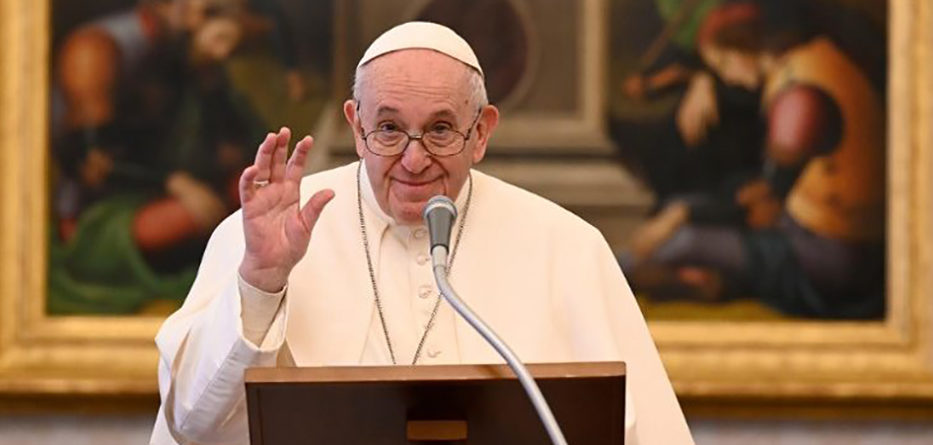When Pope Francis said he did not want to clericalise the laity, he meant it. Now, while too many bishops have their cinctures in a knot over who can approach Communion, the 266th successor of St. Peter is redesigning the church.
Francis, whose seeming resistance to some requests of the Amazon synod has caused not a small amount of heartburn, is working quickly to restore the Church as a functioning and cooperative body of believers.
While Francis did pass over some requests of the Amazon synod, notably for married priests and women deacons, he has set a laser focus on function, rather than functionality. His beautiful Querida Amazonia, in response to the Amazon synod’s final document, reminded the whole Church that Canon 517.2 recognised parish life coordinators — some religious, some secular, some men, some women, some married, some ordained deacons — who hold parishes together, maintaining them as vibrant communities. He wants them recognised, professionalised and paid.
It is not about who can do everything, like the medieval priests who essentially arrogated to themselves the duties of all the other orders — major and minor — ensuring that their priesthood was the principal seat of power. It is about the members of the whole Church picking up their baptismal promises and running with them.
Francis’ ecclesiology prefers communities of believers gathered around the Gospel and the Eucharist with everyone participating. He sees many flowers in the church’s fields: lectors, acolytes, catechists, pastoral life coordinators, deacons and priests, all in particular churches led (not managed) by bishops.
Lay ministry is real ministry, and the focus here is on the Gospel. It is about synodality. It is about evangelisation. Without these, there will be no Church.
To continue reading this article, click here.
Phyllis Zagano is senior research associate-in-residence at Hofstra University, in Hempstead, New York. Her most recent book is Women: Icons of Christ, and her other books include Women Deacons: Past, Present, Future. Study guides for the book, which is also published in Spanish, French and Portuguese, are available for free download at sites.hofstra.edu/phyllis-zagano/.
With thanks to the National Catholic Reporter (NCR) and Phyllis Zagano, where this article originally appeared.








